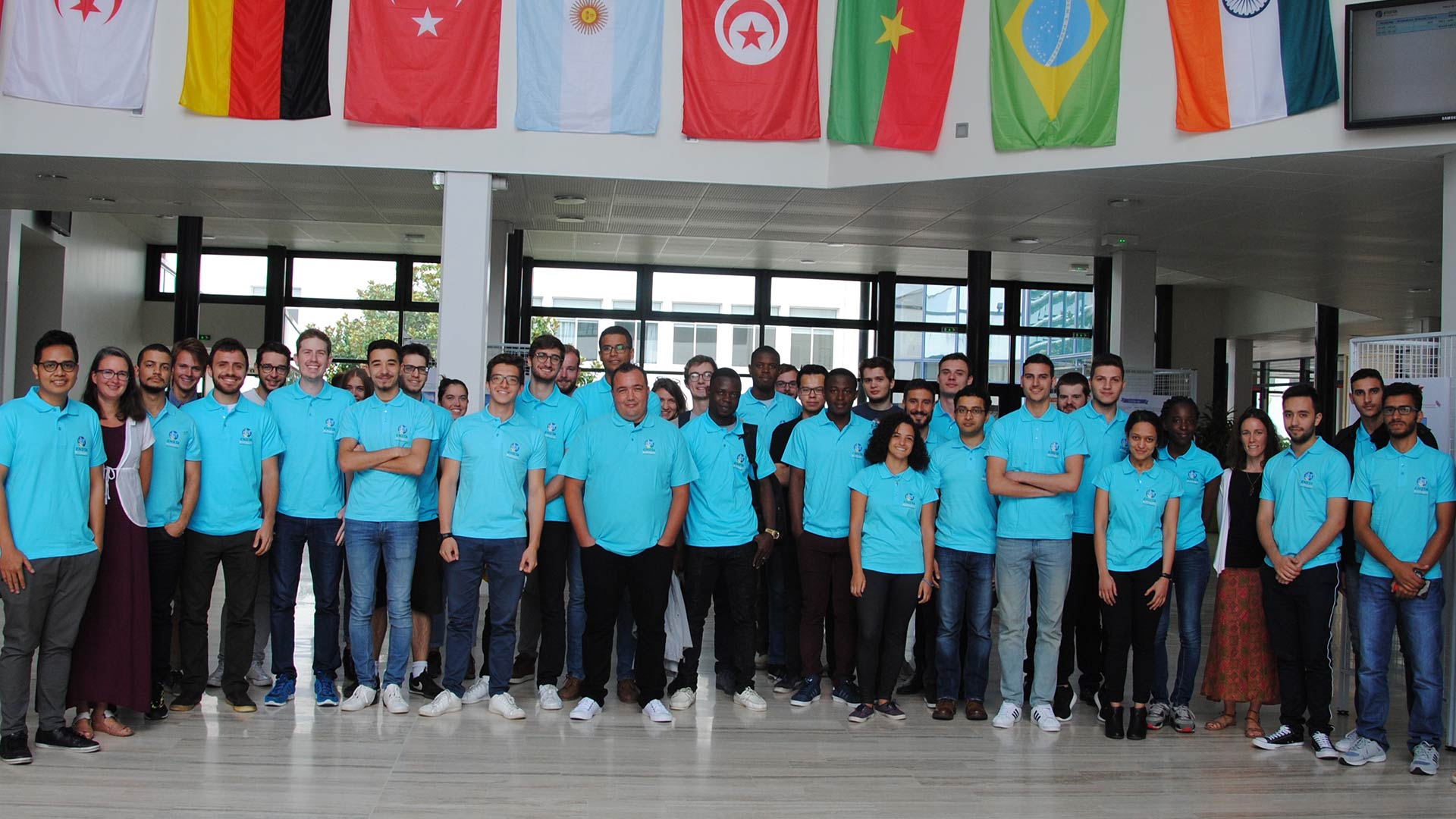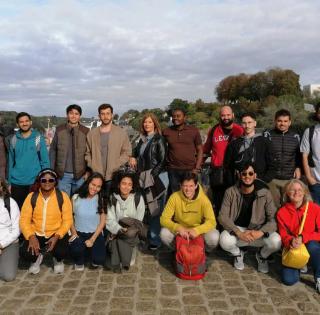
Get in touch with ENSTA Students'office at the Brest campus (BDE)
The Students’ Union welcomes new students and helps you to settle in. Through social encounters and activities, you’ll get to know other students and adjust more quickly to life on campus. Feel free to ask them questions about student life here.
Some members of the Students’ Union will be back on campus from August 15, 2025
Contacts
You can contact them
- by instagram BDE instagram
- by emailing bde.brest@ensta.fr
You can begin your visa application process
You can begin your long-stay visa application process three months before your official start date. The earlier you do this, the better.
The steps involved and documents required may vary depending on your country of origin
We therefore recommend that you follow the different stages for Submitting your application
Discover how to complete your online application on France-Visas(Campus France video)
Please note The CMI Centre de mobilité international CMI Brest will be your first point of contact for all residence permit applications and renewals.
The centre is located at 235 rue Aimé Césaire, Plateau des Capucins, Brest. You can also contact them by e-mail at etudiant@cmibrest.fr or by telephone on (33) 298016700
They organise webinars to help you with your administrative formalities at the following link: CMI webinar-departure
Looking for somewhere to live
We recommend that you choose accommodation that is located near the school or public transport services
Map of Brest with the school
Map of Brest with the school
If you would like to live at the ENSTA Brest campus
- ENSTA Brest campus has a student residence : to book a room, please follow the instructions online
If you would like to live off-campus
You have a range of options available:
- In private housing: homeowners may let a private room in their own property. Some owners may also let an entire property. House- or flat-sharing is also possible.
- Private student residences also exist.
- Lodging with an elderly person (carefully read the terms of access and eligibility criteria)
- Real estate agencies
You can have a look at the following websites
Documents you will need for booking accommodation
- An ID document or passport
- Your residence permit (long-stay visa or residence document) if you came to France with a visa,
- Your student card or school attendance certificate for the current year,
- A letter from your guarantor* and their ID document.
A guarantor is somenone who guarantees financal security for you. This means that if you are unable to pay your rent, the landlord will ask the guarantor to pay for you. The guarantor must be a French citizen.
If you do not know of anyone who could be your guarantor, there is a scheme in place VISALE
On VISALE, you can plan ahead and begin your process, without needing an address, before you arrive in France.




















